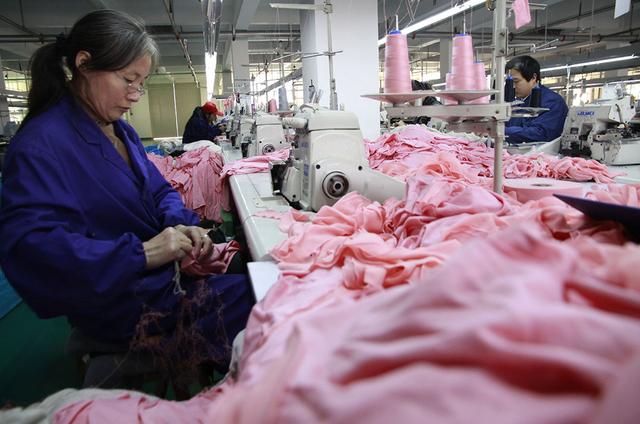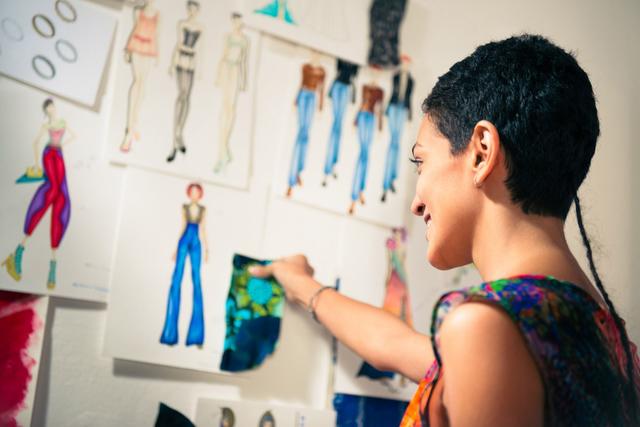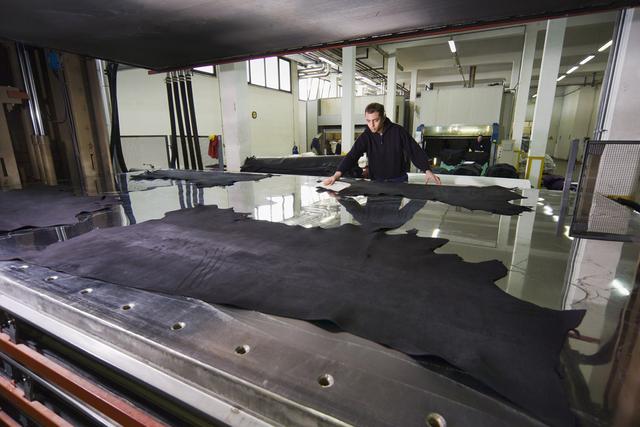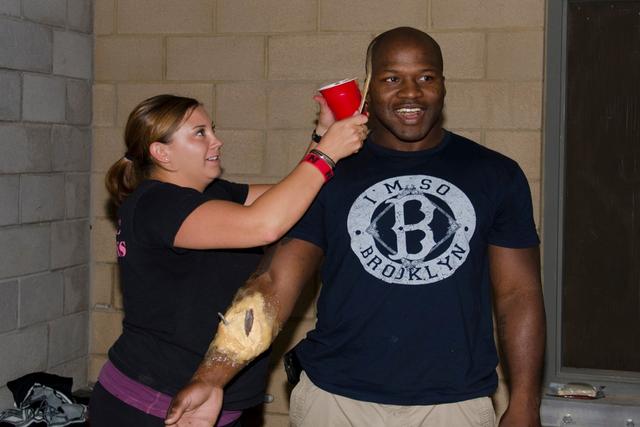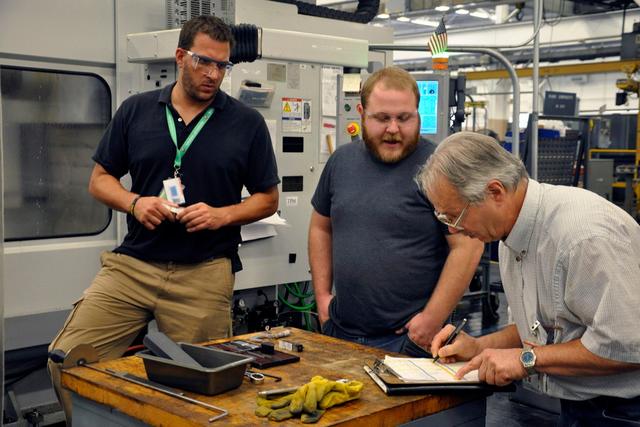Fabric Designers
Overview

Introduction
Fabric designers, who are also called textile designers, create the different structures and looks of textiles and fabrics. They determine what type of fabrics and fibers to use for specific projects. They design patterns and prints, manipulate materials, and arrange colors and textures to create fabric. Individuals design fabric for clothing and accessories, furnishings, and household goods among other things. They may hand sketch designs and/or use computer software. Fabric designers may work in conjunction with various o...
Quick Facts
Median Salary
Employment Prospects
Minimum Education Level
Experience
Skills
Personality Traits
Earnings
Earnings for fabric designers can vary tremendously depending on their geographic location, the experience and professional reputation of the designer, and the specific branch of employment.
Fabric designers earned wages that ranged from $22,500 to $130,000 or more in December 2024, according to ZipRecruiter.com. They earned median salaries of $72,821. Fabric designers who are employed f...
Work Environment
Fabric designers work in a variety of different environments depending on their interests and aspirations. They are employed by large fashion houses, textile manufacturers, fashion designers, retailers, design companies, interior decorators, furniture or carpet manufacturers, and home design companies. Some fabric designers are self-employed.
Designers who are employed by a company gener...
Outlook
The U.S. Bureau of Labor Statistics (BLS) does not provide employment outlook information and predictions specifically for fabric designers. But it does report that average employment growth, about 5 percent, is expected for fashion designers (which are a design occupation in the textile industry) through 2033.
As retailers sell more fashion-inspired clothing, demand will increase for fa...

